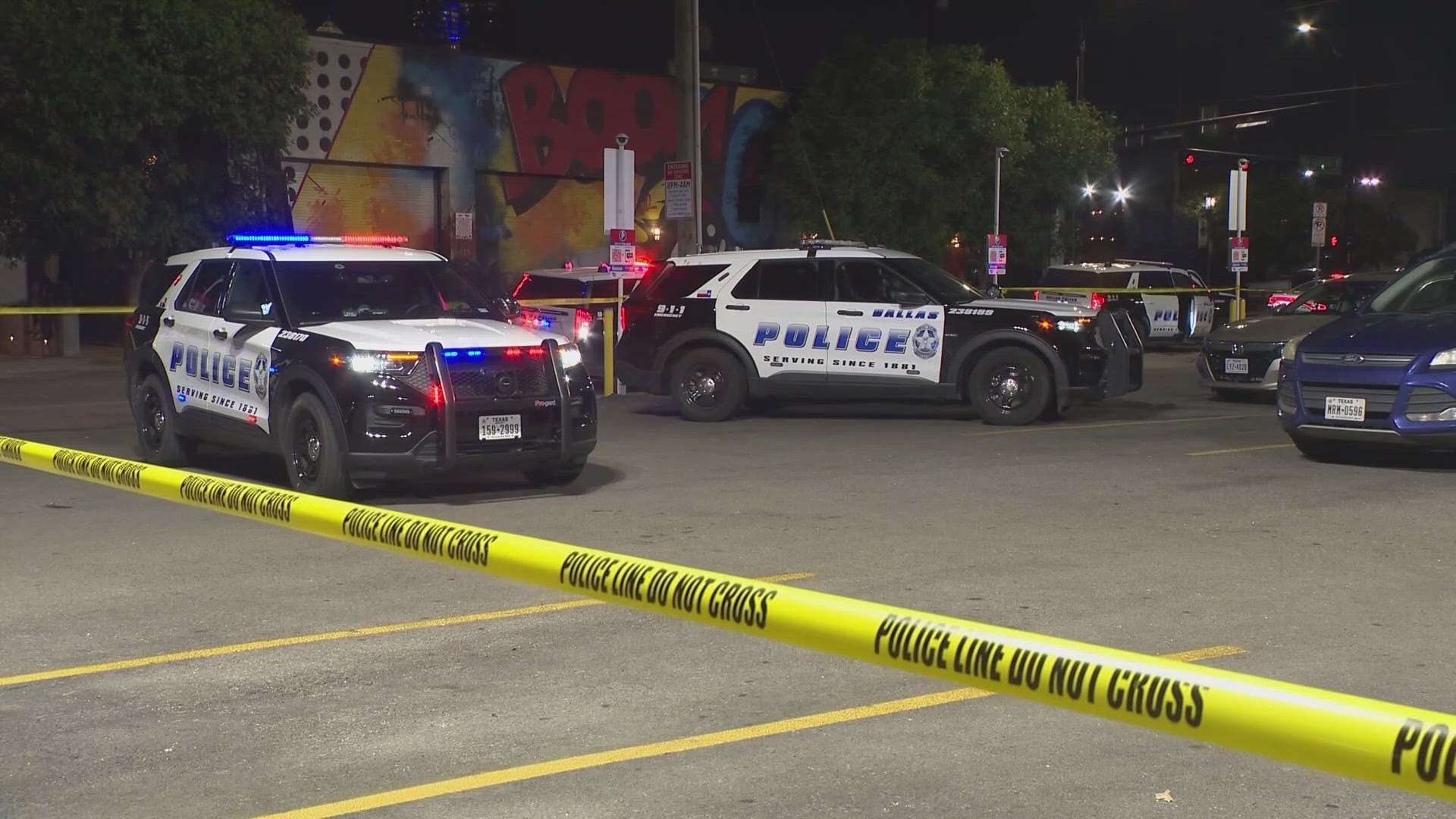IRVING, Texas — Roleplaying is part of the training North Texas officers are getting as they learn how to check on coworkers dealing with a lot of stress.
In real life, it's stress that could lead to officers getting into trouble while responding to emergency calls. The training for A.B.L.E. is an 8-hour course made of classroom instructions and practical exercises.
Agencies participating in the latest training include Dallas ISD, DART, and the White Settlement Police Department. The course hosted is free to all law enforcement agencies thanks to a grant from the University of North Texas Dallas. Law Enforcement agencies with 100% officer participation receive accreditation. Officers walk away knowing how to intervene when a fellow officer gets out of line.
Lt. Michael Rose is a certified A.B.L.E. Instructor. He has trained thousands of officers on what to do to help their fellow officers through situations that could land them in hot water if not addressed immediately.
"We expect them to care enough and step up and say something, to say 'hey, I care, and I don't think this is right,'" Rose said.
Active bystander training could have helped save George Floyd, who was killed by a Minneapolis officer on May 25, 2020. Three other Minneapolis police officers who did nothing faced charges too.
Locally, Tarrant County jailers who witnessed the April 21, 2024 homicide of Inmate Anthony Johnson are blamed in lawsuits for not intervening.
Today, A.B.L.E. is part of the training for every White Settlement officer. They are among the smaller North Texas police departments that have taken advantage of the free course. It's taken months for each officer to complete. White Settlement Police Chief Chris Cook considers the investment well worth it.
"Let's say an officer is being overly aggressive, you go over and tap them on the shoulder and say 'let me talk to him for a minute', right? To de-escalate that situation," said Cook.
Since participating in A.B.L.E., Dallas Police Chief Eddie Garcia created what he describes as a "Wellness Unit." That's where officers are taught and encouraged to check on each other's well-being regularly. They are also participating in ongoing training based on the ABLE Course.
For Dallas Police Sgt. Sheldon Smith, he said the ABLE training has been a game changer for his department. Smith serves as the president for the National Black Police Association. He calls the training a real eye-opener. Smith has also served as an A.B.L.E, instructor in the past.
"You will have a different perspective on how you handle those situations before, after and during," Smith said.
Expert Police Analyst Douglas Deaton has more than 25 years of experience in law enforcement and local government management. He is the founder and managing principal of RDR Investigations & Crisis Management. He said he considers intervention training for officers a must.
Deaton is passionate about helping others to make informed decisions and achieve evidence-based clarity in times of personal crisis.
Rose will be the first to tell you that police work is stressful. He said he hopes to reach other police departments, especially since the training is free.
"It's OK to intervene when something is not going the way that it should be," said Rose.

